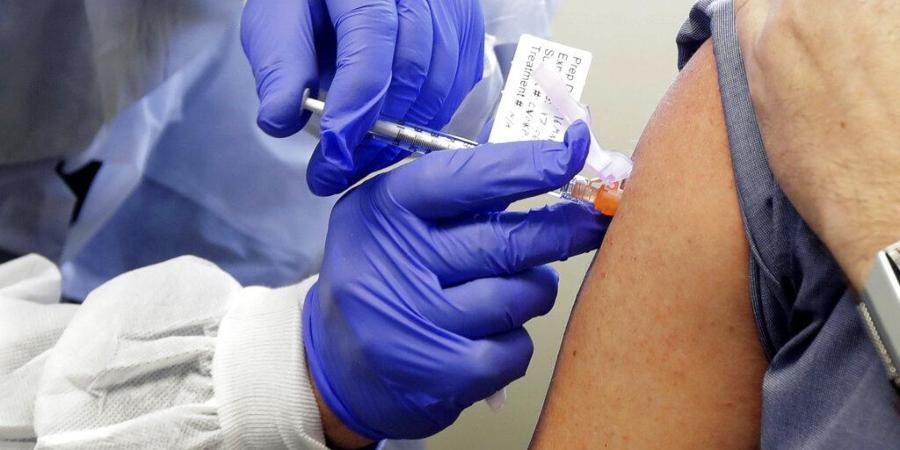
Many states with high population complain of vaccine shortage

States, some of them among the most populous in the country, have complained about disproportionate COVID vaccine distribution — availability of the jabs as per population. Tamil Nadu, which is the sixth-largest state in India, has received just five per cent of the total share of vaccines used in the country. The national average of vaccines used by all states stood at 41 per cent as of July 13, as per government data.
The weekly pace of vaccination across the country has come down to nearly 60% of what was seen in the week after June 21, when the Centre took over vaccine procurement from states. The slackening has resulted in several states complaining of a shortage.
On June 21, the first day of the new policy, nearly 91 lakh doses were administered and until June 27, about 4 crore doses were administered. The period from July 5-July 11 has seen only 2.3 crore doses dispensed. So far about 38 crore vaccines have been administered since the drive began in January.
Also read: COVID-19 vaccine will be available for children soon: Centre to Delhi HC
Maharashtra, one of the most populous states, has administered 3.7 crore doses so far. The state government says it has the capacity to administer 15 lakh doses a day. Health Minister Rajesh Tope has said 70 lakh doses had arrived last week but were exhausted in just three days. The state Assembly had recently passed a resolution demanding 3 crore doses per month from the Centre for the next three months.
Tamil Nadu Chief Minister MK Stalin recently wrote to Prime Minister Narendra Modi on the poor allocation of vaccines. Stalin said in his letter that the number of vaccine doses provided to the state was at 302 per thousand eligible population.
“This is very low when compared to the vaccine doses made available to comparable states such as Gujarat, Karnataka and Rajasthan, which are at 533, 493 and 446 respectively,” the CM said. Tamil Nadu has so far administered 1.54 crore first doses and 32 lakh second doses.
Gujarat and Karnataka are BJP-ruled states, while Rajasthan is led by the Congress government.
Tamil Nadu, Karnataka, Gujarat, Rajasthan and Madhya Pradesh have similar populations. Gujarat has provided jabs to 58% of its eligible population. While 53% in Karnataka and 52% in Rajasthan have received doses, 44% of Madhya Pradesh’s 18-plus population received the COVID-19 vaccines. But Tamil Nadu has received 31% doses in proportion to its eligible population.
The six most populous states are: Uttar Pradesh, Maharashtra, Bihar, West Bengal, Madhya Pradesh and Tamil Nadu.
Non-BJP ruled states – Maharashtra and West Bengal – have already raised concerns about the lack of transparency and disproportionate vaccine allocation.
Also read: As COVID casts a pall, people turn to yoga, music, meditation for succour
According to reports, Delhi’s vaccine stock is expected to last for only two more days, as per a bulletin released by the Delhi government on Tuesday. But many centres were shut on Tuesday (July 14) as the city had stock for less than a day as on Monday evening and the centres were yet to get fresh stock. Health Minister Satyendar Jain on Tuesday said 500 centres were closed due to the shortage.
However, Union Health Minister Mansukh Mandaviya said on Wednesday (July 14) that the Centre had informed the state governments of the allocation of doses in advance.
Despite this, if “we see mismanagement and long queues of vaccine takers, then it is very clear what the problem is and who is the reason behind it,” he said.
In a six-part Twitter thread in Hindi, Mandaviya asserted that “useless statements (on the availability of vaccines) are being made only to create panic among the people”.
According to the guidelines of the Ministry of Health and Family Welfare, “Vaccine doses provided free of cost by the government of India will be allocated to states/UTs based on criteria such as population, disease burden and the progress of vaccination.”

